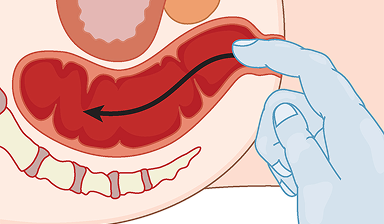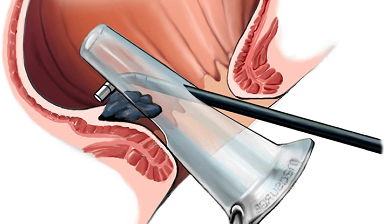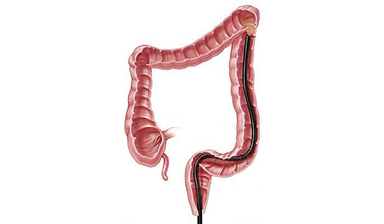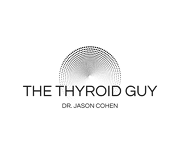
Surgeons
Jason Cohen, MD, FACS
Yosef Nasseri MD, FACS, FASCRS
Joshua Ellenhorn, MD, FACS
Elizabeth Arena, MD, FACS
Moshe Barnajian, MD, FASCRS
Pegah Panirian, DPM
Leo A. Gordon, MD, FACS
Mega Menu
Specialities
Colorectal Surgery
Anal Fistula
Anal Fissure
Colon Cancer
Colon Polyps
Colonoscopy
Colorectal Screening
Hemorrhoids
Fecal Incontinence
Intestinal and Bowel Endometriosis
Pilonidal Cyst
Diverticulitis
Crohn’s Disease
Ulcerative Colitis
Rectal Prolapse
Transanal hemorrhoidal dearterialization (THD) Procedure
Breast Cancer Center
About Breast Cancer
Breast Cancer Screening
Surgical Options
Thyroid Surgery Los Angeles
Multiple Endocrine Neoplasia
Parathyroid
Thyroid
Thyroid Nodules
Thyroidectomy
Foot and Ankle Surgery
Abdominal Cancers
Skin Cancer Surgery
Melanoma FAQ
















